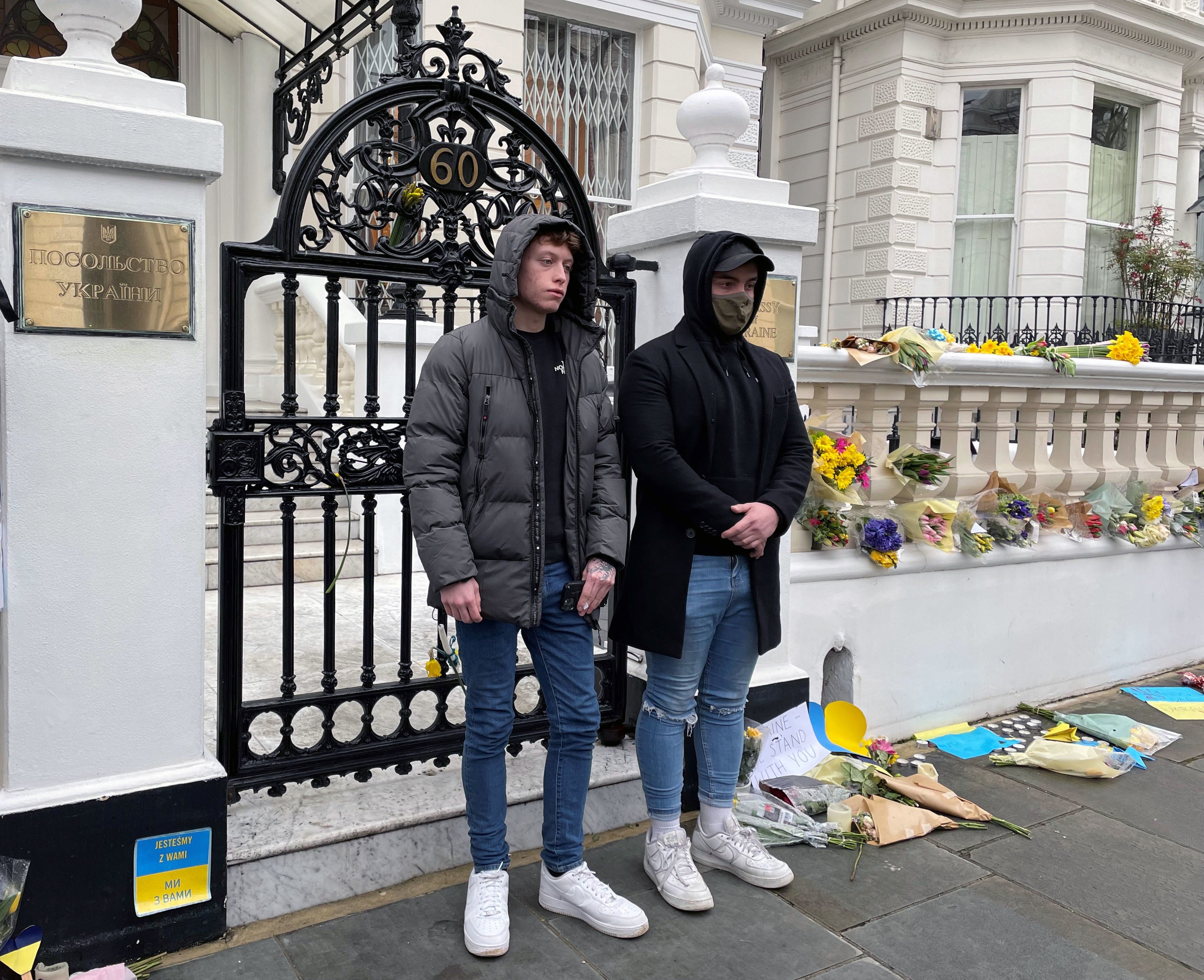Could British mercenaries get involved in Ukraine war?
Volunteers around the world have offered to join Ukraine’s new foreign legion but Sean O’Grady examines the pitfalls


The plight of the Ukrainian people has prompted some overseas individuals to offer to fight for them.
They see that NATO and the west are unable or unwilling to take direct military action and that economic sanctions, though effective, are not bringing immediate relief. They see a nation at war, and its citizens suffering, just like those idealists who joined the International Brigades during the Spanish Civil War and fought between 1936 to 1938.
‘Mercenary’ fighters have travelled to join conflicts throughout history. Some would include the likes of Shamima Begum and other Islamist extremists who went to join Isis in Syria and Iraq. There were also British volunteers who fought alongside the Kurds and others against Isis in those lands.
In response to the interest in volunteering, the government of Ukraine has established the International Legion of Territorial Defence of Ukraine — creating a clear, official route for those who wish to put themselves forward. Reportedly a ‘lad’s army’ of willing fighters has reported for duty at the Ukrainian embassy in west London.
But is this something the British government should wish to see? The politics of it are tricky. Foreign secretary Liz Truss has put herself firmly in the interventionist camp: “The people of Ukraine are fighting for freedom and democracy, not just for Ukraine but also for the whole of Europe because that is what President Putin is challenging. And absolutely, if people want to support that struggle, I would support them in doing that.”
Defence secretary Ben Wallace is more cautious: “Unless you are an experienced member of an armed forces, I think there are better ways for you to contribute to the security of Ukraine.”
Even if you are a former member of the SAS, you can still be atomised by a cruise missile or thermobaric bombardment, so experience isn’t always everything. However, a British volunteer could be captured and held hostage by the Russians or their proxy militias, leaving British authorities with some difficult dilemmas. British citizens might also end up accused of war crimes by the enemy, finding themselves potentially on trial or deprived of their citizenship.
In the past, British nationals fighting abroad, albeit as mercenaries, have brought shame, embarrassment and trouble for the British government. One of the most notorious episodes was the engagement of British mercenaries during the Angolan civil war in the 1970s. Costas Georgiou, a Cypriot-born British national and a former corporal in the parachute regiment of the British army, almost accidentally found himself in command of the FNLA, one of the factional armies seeking control of the country after independence from Portugal. Described as a “pathological killer”, he executed 14 of his own soldiers for “cowardice,” and killed at least 170 Angolans. Unluckily for him, he was caught by the rival MPLA group, placed on trial, convicted and executed in 1976.
After that and similar high-profile incidents, including in the Rhodesian Light Infantry in the Zimbabwean war of liberation, there were moves to try to outlaw British nationals fighting abroad — for money, at least — but it remains lawful provided other offences aren’t committed. No doubt the involvement of young British men in Ukraine will prompt similar arguments now.
How much difference volunteers or mercenaries actually make to the outcome of wars and battles is another question. Their appearance can be as much about morale and image as battlefield effectiveness given that, as Mr Wallace hints, some might do more harm than good.
Whether a volunteer in a foreign war is a brave legionnaire on the side of justice, or a terrorist, is a matter of opinion. Fighting for freedom is more complicated than it looks.



Join our commenting forum
Join thought-provoking conversations, follow other Independent readers and see their replies
Comments